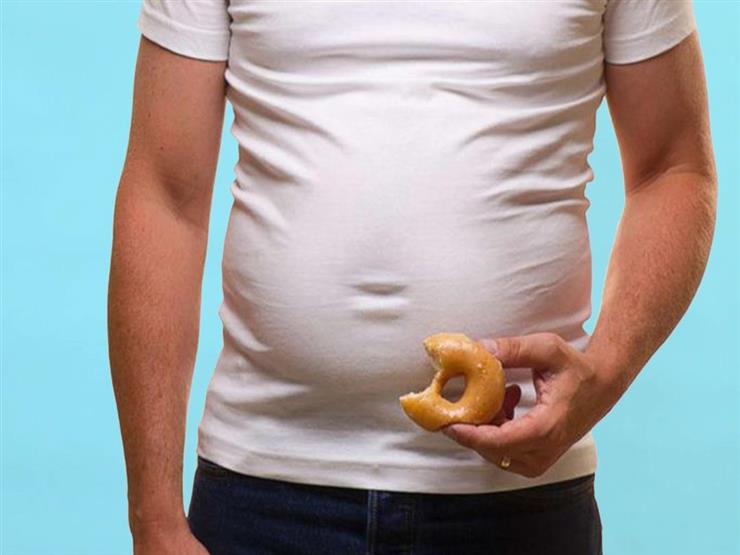02:56 PM
Thursday 04 March 2021
–
Resources:
The British newspaper “Daily Mail” published a news report that the results of a new study found that stomach fat is the most difficult of all types of body fat that can be lost if the diet method known as “intermittent fasting” is followed.
Researchers discovered that abdominal fat is the most resistant due to “conservation status”, which allows it to remain while fat is being burned around the rest of the body for fuel, according to “Russia Today”.
The researchers don’t suggest a way to counter the situation of preserving belly fat, but they say that other diets, rather than intermittent fasting, may be more successful, such as restricting calories.
The University of Sydney researchers analyzed more than 8,500 proteins found in the fat deposits in the bodies of mice. Changes to these proteins were recorded throughout and after fasting.
Visceral fat is the technical name for the fat in the abdomen, which wraps around the internal organs and is designed to protect them.
The study found that this type of fat has a cellular mechanism that prevents intermittent fasting from being able to break down fats.
“While most people think that all fat tissue is similar, the location actually makes a big difference,” said lead researcher Dr. Mark Larrance, from the University of Sydney.
The method of intermittent fasting – naturally eating cycles and bouts of not eating – sees the body’s fat reserves provide energy by breaking down into fatty acid molecules, which replace food as the main source of fuel.
But an analysis of belly fat reveals that it does not undergo this transformation as easily as fats found elsewhere in the body.
“This indicates that visceral fat can adapt to frequent fasting episodes and protect its energy reserve,” said Dr. Larance.
And this kind of adaptation may be the reason that visceral fat can fight weight loss after long periods of dieting.
The study was conducted on mice, with the diets of laboratory animals being controlled and examined via mass spectrometry.
Dr. Larance added, “Mouse physiology is similar to humans, but its metabolism is much faster, which allows us to monitor changes more quickly than human experiments, and to examine tissues that are difficult to sample in humans. Now that we have shown that mice belly fat resists this system. Food, the big question will be the answer to the reason, and how do we deal with it better? “
– .


